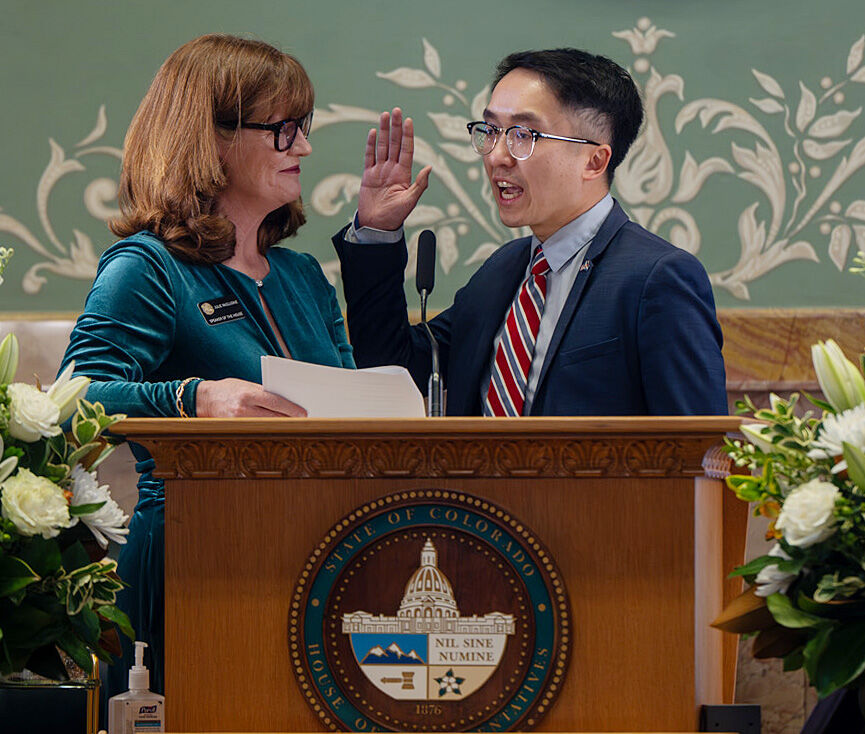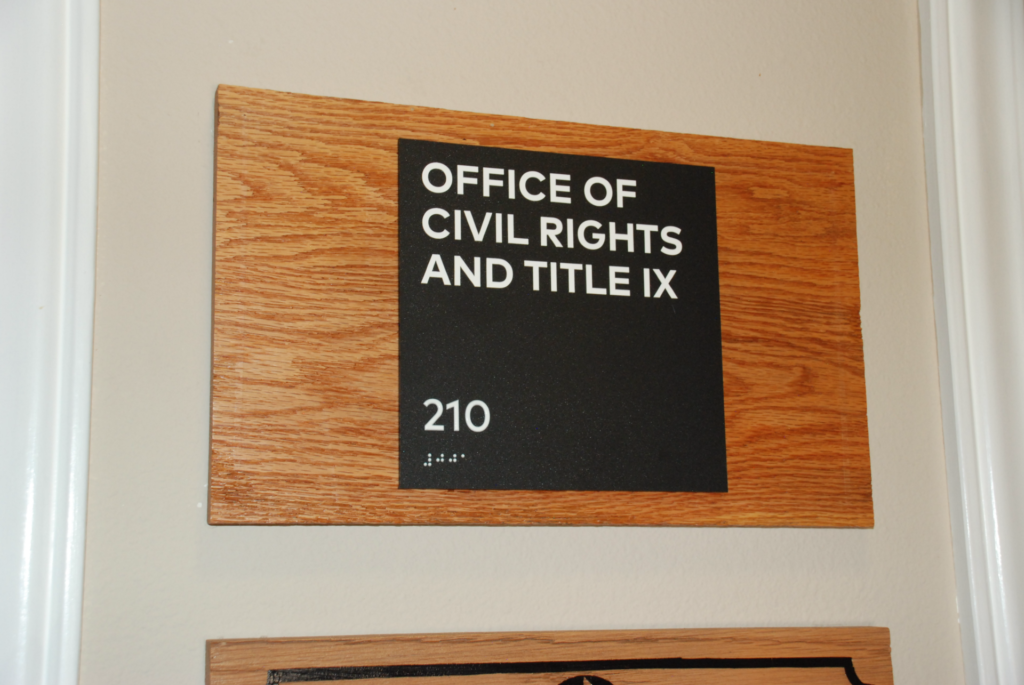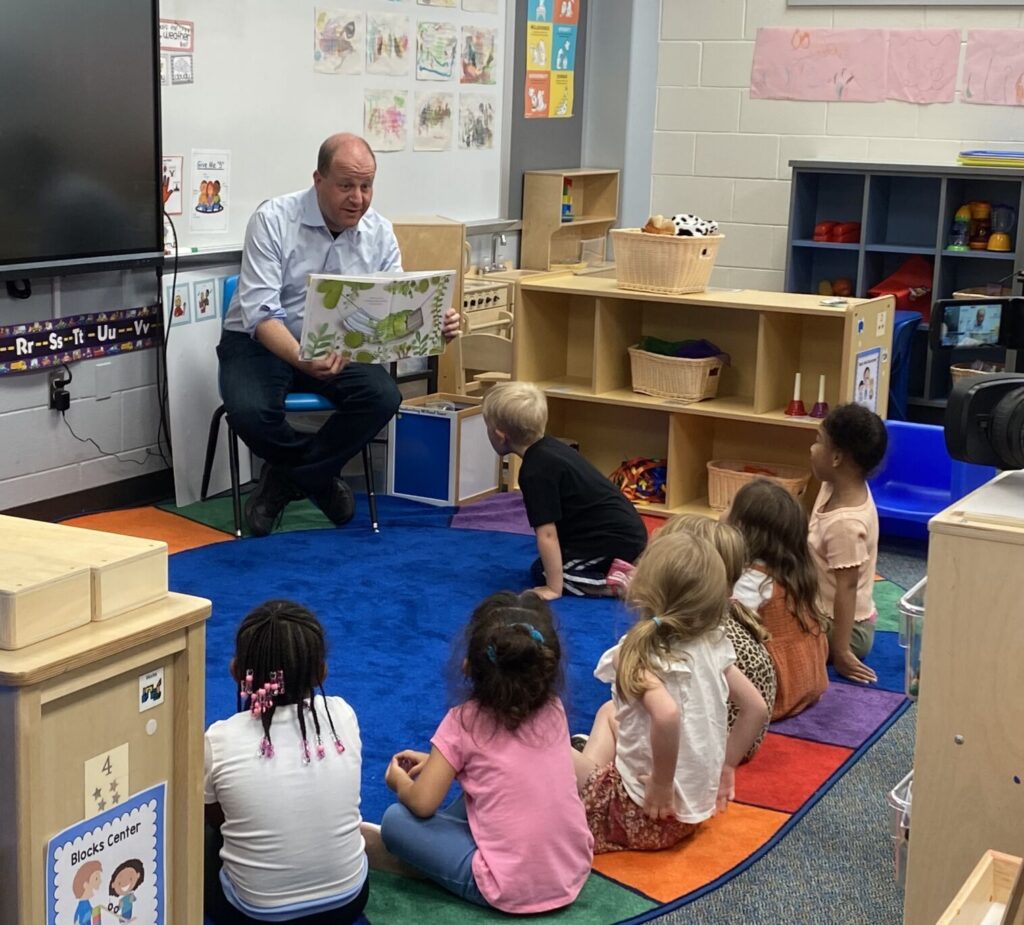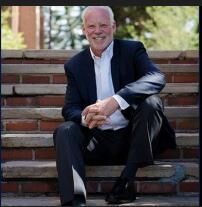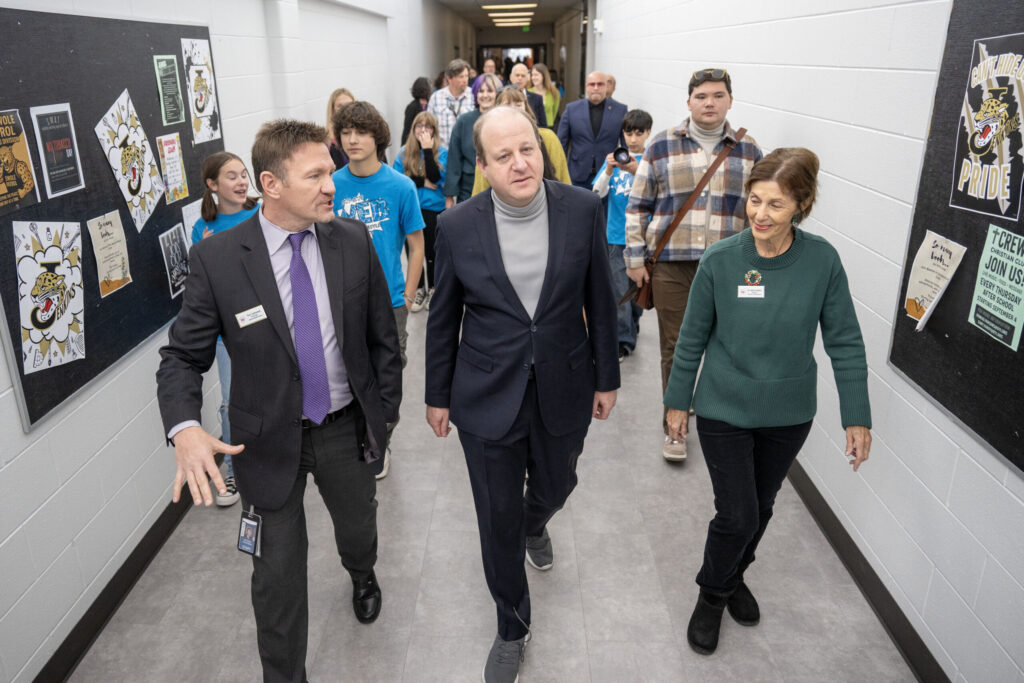Colorado State Board of Education: Candidates agree state falls short in education funding, teacher pay
(Editor’s Note: This is a part of a series of stories where Colorado Politics interviewed the candidates of the State Board of Education regarding public education funding, policies and other issues.)
Colorado State Board of Education: 4 seats open, 1 incumbent seeks reelection
Colorado State Board of Education: Candidates on the cell phone debate in schools
While not all of the candidates running for a seat on the State Board of Education are in head-to-head matchups against each other heading into the November election, the seven candidates agree that not enough money is going toward funding public education in Colorado.
Bluntly putting it, Democratic candidate Kathy Gebhardt said, “I can’t think of any place that it’s not failing” when it comes to the state’s public education funding.
Starting with operations, Gebhardt, who is running unopposed in District 2, said teachers need to be paid adequate salaries, which creates teacher shortages. While some lawmakers have paid more attention to special education programs, which are seeing more funding, the money remains insufficient, she said.
During the 2024 legislative session, state lawmakers lauded eliminating the state’s education budget stabilization factor, also known as the BS factor. The move paves the way for schools to get $10 billion in the 2024-25 school year, or an additional $400 per student.
But to some, the move was not enough, citing numbers showing that, with inflation and other factors, the state’s spending on education is about the same as in 1989.
Yazmin Navarro, the Republican candidate challenging Rhonda Solis in District 8, said the state is not providing enough funding to students. She also believes wasteful spending could be reined in to create more student-learning opportunities.
“There is a lot of mismanagement when it comes to money in the educational sector,” she said. “We’re too administrative heavy.”
By cutting administrative spending and relocating more funds directly into the classroom, Navarro said the state spending on public education could improve the current state of education.
Navarro’s Democratic opponent, Rhonda Solis, said her concern is that even with the BS Factor being eliminated, the one-time federal funds allocated during and immediately after the height of the COVID pandemic are also going away, which means rural school districts that paid for extra positions and programs will likely start making cuts again.
“It’s great that the BS factor is gone, but it’s, you know, at a level that’s not 2024,” she said. “So, these are ongoing struggles for districts and ongoing conversations for districts. As a state, we really need to be committed to ensuring that we are fully funding education.”
Solis said she believes the state legislators want to raise funding levels, but sometimes they can have different perspectives. Solis said the state needs to have more faith in local school districts and give them the resources they need. As evidence, Solis said the districts’ responsible use of the American Rescue Plan Act dollars showed they addressed shortfalls and needs.
Krista Holtzmann, the Democratic candidate running in District 4, said that by eliminating the BS factor, the state legislature made some “positive movement in 2024.”
“Getting rid of the Budget Stabilization Factor is a great step, but I think we still have work to do to adequately and equitably fund our schools,” she said. “And I think we’re still, unfortunately, near the bottom when it comes to doing that.”
District 4 Republican Kristi Burton Brown said she is not in favor of the legislature giving more money to schools at this point because she believes wasteful spending is rampant and, even when added funds are given, most of it goes to administration, instead of feeding into classrooms to improve student learning.
While some districts are better than others, Brown said wasteful spending has to be addressed more than adding more money to the problem.
“It was great that they solved the BS Factor, but rather than saying it’s at 1989 levels, every time more funding goes to schools, we are not seeing student performance improving with it in Colorado,” she said.
Several of the seven education board candidates said that if elected, they want to work with the state legislature to continue improving education funding, noting that legislators must make it a true priority.
Coming from school districts in Ohio, Ellen Angeles, a Democrat running in District 3, said education was a state priority. Class sizes were small, and the results were visible in the quality of education. Angeles said the state of public education funding in Colorado is “disappointing.”
“I am glad we are starting to move the needle,” she said. “Our hands are tied by many different things, but more conversations need to be had.”
District 3 Republican Sherri Wright said the state is not doing enough to help public education thrive in Colorado, citing the need to improve facilities, fund important programs and pay teachers.
Working in rural school districts, Wright said equity problems exist in how funds are distributed, and under the current funding mechanisms, they will continue to get worse.
Teacher pay
Even as per-pupil funding in Colorado falls national average standards, teacher salaries are also a concern for the candidates, as the state ranks near the bottom.
Wright said competition becomes the biggest issue in rural districts. She said young teachers will get out of college, take a job at a rural school district, and get some experience. After a year or two, Wright said, the teacher moves on to take a higher-paying job in the Denver metro area or in neighboring states with a better reputation for caring for teachers.
According to data, the average teacher’s salary in the U.S. in 2024 is $69,544. In Colorado, the average salary is $60,775. However, for salaries for new teachers, Colorado’s starting pay sits at $39,044, which ranks 46th in the nation.
Several candidates agreed that the state’s mill levy system is a problem in calculating teacher salaries. Due to shortfalls in state funding, districts often turn to voters to approve tax increases to pay teachers more money.
In 2023, Douglas County asked voters for a second time to consider tax increases to pay teachers. Douglas County teachers were paid about $15,000 less per year than the neighboring Cherry Creek School District in metro Denver.
Holtzmann said she has no doubt the state’s mill levy override system creates inequalities in paying teachers. When taxpayers in districts like Cherry Creek tend to approve tax increase proposals, and in other districts, such as Douglas County, where there is more reluctance, districts must find ways to compete to keep good teachers.
Holtzmann said voters may need help understanding how a mill levy works, which could lead to some districts getting extra funding and others not. This could mean the State Board of Education should be more active in educating the public until changes are made by the state legislature, she said.
Holtzmann said the state needs to devise a more “uniform system” to fund students and teachers and ensure that those living in rural communities have the same academic opportunities as those in the metro cities.
Brown offered the same stance on teacher pay as she does with adding more money to the state’s education system. Until wasteful spending and administrative dollars are decreased, teacher pay will not improve, she said. Brown said she does like that Colorado has a system in which local school districts have the ability to ask voters directly to approve tax increases to go toward teacher pay, noting it allows residents to decide what they want.
Solis said there is no doubt that the state is failing teachers in pay equity. However, she said it could mean more communication between the state, counties, and cities to create more incentives and “get creative” to help solve the problem.
Solis said there have been efforts to offer teacher housing in some mountain towns.
“We could also be talking about some teacher tax incentives,” Solis said. “Whether that’s at the city level, whether that’s at the county level, or event at the state level.”
Solis said she would also like to continue the state’s discussions on giving more tax incentives to young people who want to become teachers.
“This is one of the most important jobs there is out there,” she said. “I think we, as a state, we have got to have some bigger conversations.”
Navarro said a sad reality in Colorado is that some teachers work all day but cannot afford to live in the cities where they work.
“You have teachers driving 30 (minutes) to an hour to go somewhere where they get better pay but can’t afford to live,” she said. “This is not fair. (If elected,) I really want to learn the ins and outs of why there’s such a discrepancy, and I think that it can be fixed. Again, I will always go to the same default answer. We spend our resources on more frivolous things. We spend too much on non-academic things.”
No matter the answers, Angeles said the state and its educational leaders must do better for teachers. Besides falling short in overall pay, Angeles said Colorado should be ranked even lower because it does not account for inflation and the cost of living.
“I mean, that is devastating to me to think we’re not taking care of the people who we trust our children with,” she said.



